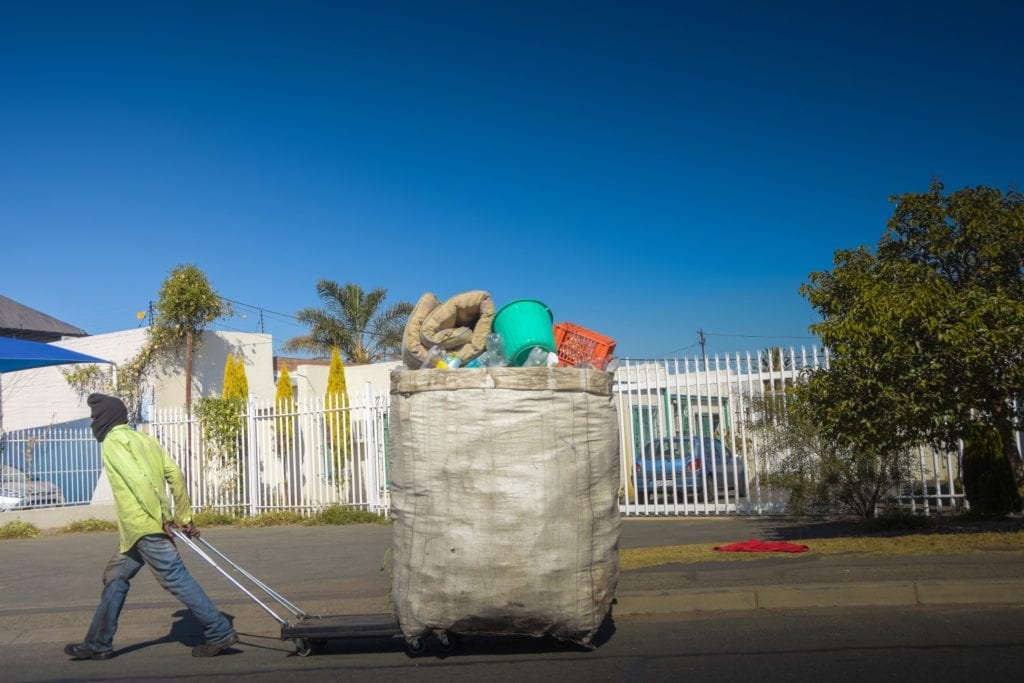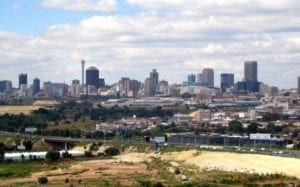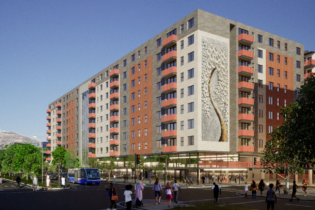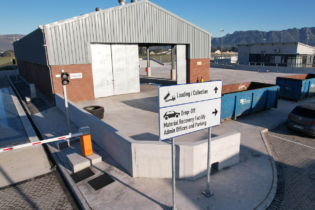In tabling the 2019/20 budget, the City of Johannesburg acknowledged several threats to the health of the economy. However, the city has still made some advances in infrastructure development and service delivery.
During the 2019/20 budget process, it was recognised that the country’s low economic growth in the preceding years has a potential downside risk on the size of fiscal resources at the City of Johannesburg’s disposal and the general health of the economy. The country is experiencing alarming levels of unemployment, low levels of capital formation, low growth of key sectors of the economy, a shrinking tax base, and underperformance of state-owned entities. In approaching resource allocation for Johannesburg’s 2019/20 MTEF cycle, its focus was coined under the Sesotho word ‘Diphetogo’ – a desire to improve the customer’s experience through defining the end state. For each priority area, there are defined areas that are part of the Diphetogo that should be prioritised by each department/entity. Through the Diphetogo Project, the city aimed to direct its limited resources towards the most important priorities:- economic growth and job creation
- basic services delivery
- infrastructure development, repairs and maintenance
- public safety
- housing provision.
Delivering Diphetogo
In his end of term address, titled ‘Delivering Diphetogo’, outgoing mayor Herman Mashaba highlighted the progress that has been made. In practical terms, Mashaba said Diphetogo has meant a shift in the city’s approach to the budget, with necessary trade‐offs being made to allow for a greater focus on infrastructure investment and service delivery, in order to start making significant inroads into the city’s R170 billion infrastructure backlog. Over time, this saw a shift in spending on infrastructure and housing – from 58% of the capital budget in the 2016/17 financial year to 71% in 2019/20.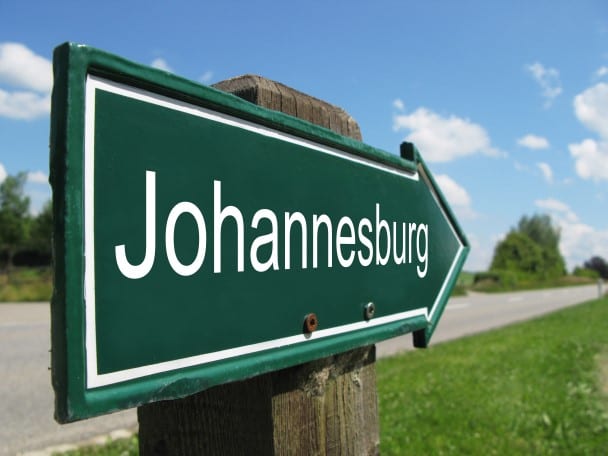
Housing opportunities
During the 2018/19 financial year, 15% of the city’s capex budget was allocated to housing – this is the largest housing budget in the city’s history. There has been significant financial contribution to ensure that the provision of housing is a priority for Johannesburg, particularly addressing apartheid spatial planning. To this end, Council adopted the Inclusionary Housing Policy in 2019, as well as conducted a Nodal Review that seeks to create a more inclusive and integrated city over time. The Inclusionary Housing Policy demands and incentivises private developers to dedicate 30% of new residential developments to affordable housing. The city’s strategy to addressing the complex housing challenges is multidimensional and involves a combination of RDP housing, social housing, informal settlement upgrades, site and service projects, as well as partnerships with the private sector. In terms of mixed housing space, the city has provided 6 261 units over the last three years, despite declining grant funding from national government.Water infrastructure maintenance
From 2016/17 to 2018/19, a total of 198.6 km of water pipes and 125.9 km of sewer pipes were replaced. This reduced the city’s total pipe bursts between 2016/17 and 2018/19, marking the first sustained decline in the number of bursts over the past seven years. In 2018/19, the city also saw the first decline in the number of sewer blockages experienced since 2012/13. In November 2019, the city launched the newly completed balancing tank at the Bushkoppie Wastewater Treatment Works in Soweto. This R152 million project was initiated to improve compliance with effluent standards and allow for better control of the incoming flow of sewage to the plant.In addition to this, Johannesburg has reached 99% compliance with the SANS 241 drinking water quality standard on E. coli.
Stabilising the electricity grid
Electricity remains a major risk to the economy and municipal finances in general. In response to the unreliable electricity network in Johannesburg, City Power introduced a bulk infrastructure renewal programme. This included upgrading substations, high‐voltage overhead cables and underground cables, as well as replacing copper cables with aluminium bundled conductors, which are less prone to theft. Many of the city’s substations were built decades ago and have not been able to keep up with the increasing demands. In fact, 27% of the city’s transformer network had exceeded its useful lifespan by 2017, with the next 45% at 75% of its useful lifespan. Major substation upgrades and construction of new substation were prioritised as a result. In addition, 6 336 public lights were installed over the last three years.Waste management
To alleviate strain on the city’s landfill sites, mandatory separation at source has been implemented in parts of the city, increasing waste diverted from landfill from 14.2% in 2016/17 to 15.7% in 2018/19. The city has also sought to incorporate informal waste pickers into its waste economy and Pikitup has embarked on a process to register them. This will assist in providing waste pickers with training opportunities and to benefit from waste minimisation value chain projects. Sorting facilities for waste pickers have been provided at targeted sites. Johannesburg won the prestigious Waste Pickers Integration in the Municipal System 2019 award, which recognises local and metropolitan cities that have excelled at all levels of sustainable development. Mashaba also spearheaded the launch of A Re Sebetseng in August 2017, which has become a monthly city-wide cleaning campaign. The initiative has received wide‐ranging support.